The Buzz on Electric Toothbrushes: Are They Really Worth the Investment?
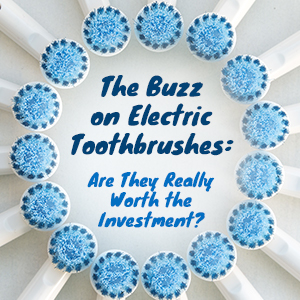 Electric toothbrushes have been on the market for years now, and whether you’re a devout user or a critical skeptic, you may still be wondering: do they really work better, or have we all been duped? Dr. Case is here to break down some of the myths and separate fact from fiction to give us the spin on electric versus manual toothbrushes.
Electric toothbrushes have been on the market for years now, and whether you’re a devout user or a critical skeptic, you may still be wondering: do they really work better, or have we all been duped? Dr. Case is here to break down some of the myths and separate fact from fiction to give us the spin on electric versus manual toothbrushes.
What’s Wrong with Ol’ Trusty?
Well, nothing… really. People have been brushing manually since the Middle Ages and continue to use manual toothbrushes effectively today. So why reinvent the wheel if it already rolls? Simple—technology and innovation drive us forward. Wheels today aren’t made of stone, they’re made from high-tech metals and rubber because we’ve discovered better materials and designs that fit our modern needs. Yes, they both accomplish the same end goal, but one is clearly more efficient than the other.
So, the question becomes not what is wrong with manual toothbrushes, but what’s wrong with how we’re using them? With the proper technique and routine, manual toothbrushes and floss are usually all that’s needed to prevent tooth decay and gum disease. The problem is, most of us slack off with “drive-by brushing”—we don’t brush long enough or use the proper technique to clean our teeth and gums effectively.
Don’t Fight the Power
Standing up and speaking out for social justice causes is encouraged, and the power of electric toothbrushes is one movement you may want to jump on board with. Electric toothbrushes clean at up to 30,000 strokes per minute, while manual brushes only produce up to 200 strokes. More brush strokes equal more plaque removed, so that figure alone should tell you an electric brush is well worth the extra cost.
Compared to manual toothbrushes, electric models reduce 21% more plaque and 11% more gingivitis after three months of use according to an analysis of 56 studies published in 2014 by the international evidence-based research organization, Cochrane.
Quit Working So Hard
Do you ever struggle to find the energy to brush and floss right before bedtime? No… just us? Ok. Well if you did, you might be interested to know that electric toothbrushes are not only more effective, but they require less effort than a manual. As the name implies, manual brushes require your own energy to move the brush in small circles (not up and down). With electric models, however, you can sit back and let the brush do the work for you. That is not to say you don’t have to do anything—you still need to move the brush along each tooth surface and get the bristles between teeth and under the gum line—but the brush does most of the heavy lifting. So, if your technique isn’t perfect (like most of us), you can rest assured you’re still getting a quality clean each time.
Proper brushing technique requires a certain level of dexterity, which can make it difficult for children, the elderly, or people with disabilities. Electric brushes are great for everyone, of course, but these particular demographics that may otherwise struggle to brush effectively can have a trusty tool on their side to get the job done better.
But They’re So Expensive
Not compared to a dental crown or gum disease treatment! We know, the cost of an electric brush can be more than three times that of a manual (and often you get a manual brush for free after seeing the dentist), but if you look at the lifetime value and return on your investment, electric is the way to go. Electric brushes can range anywhere from $30-$200+ dollars, but with up to 150x the cleaning power, the investment is well worth it.
If you’re an expert brusher and flosser with perfect technique and you’ve never had any issues with tooth decay or gingivitis, then a manual toothbrush is probably just fine—but if you’re like the rest of us, an electric toothbrush is the way to go. Dr. Case would be happy to recommend one that suits your individual needs and budget. Whatever brush you use, be sure to use light pressure, a 45-degree angle, and small circular motions for at least two minutes, twice per day for the best results.
If you’d like to talk toothbrushes with Dr. Case, contact your Portland dentist at Family Dental Health today! And remember, when it comes to choosing a toothbrush—you gotta feel it… it’s electric! Boogie woogie woogie woogie!
The content of this blog is not intended to be a substitute for professional medical advice, diagnosis, or treatment. Always seek the advice of qualified health providers with questions you may have regarding medical conditions.

 Understanding any type of medical or dental insurance can be a challenge, especially for uninsured folks trying to find a plan on their own. According to the
Understanding any type of medical or dental insurance can be a challenge, especially for uninsured folks trying to find a plan on their own. According to the 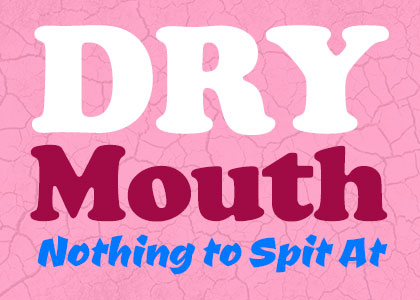 Can you imagine a 2-liter bottle of your favorite soda? Now imagine that same bottle filled with spit. That’s approximately how much saliva the average adult produces in their mouth every day! It may be gross, but it’s definitely important. Saliva is a normal body fluid that’s crucial for oral health and overall wellness.
Can you imagine a 2-liter bottle of your favorite soda? Now imagine that same bottle filled with spit. That’s approximately how much saliva the average adult produces in their mouth every day! It may be gross, but it’s definitely important. Saliva is a normal body fluid that’s crucial for oral health and overall wellness. 
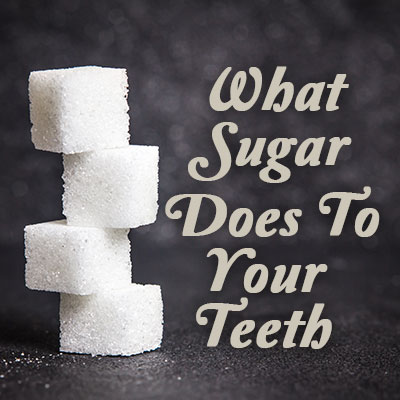 People in the United States eat more sugar than any other country in the world. (Fortunately, we also have some of the best dentists in the world.) You hear it all the time: “sugar rots your teeth.” But is it true?
People in the United States eat more sugar than any other country in the world. (Fortunately, we also have some of the best dentists in the world.) You hear it all the time: “sugar rots your teeth.” But is it true? 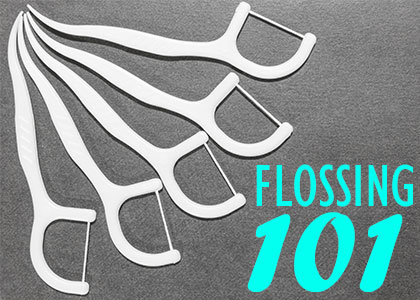 How do you feel when you see that little plastic floss container in your medicine cabinet? Eagerness to achieve that clean feeling in your mouth? Or regret over a habit you have trouble keeping? Did you get excited about recent headlines saying flossing isn’t necessary? We’re sorry to break the news, but as your oral health experts, we’re here to tell you floss is still incredibly important. In fact, it’s one of the most important foundations for oral health.
How do you feel when you see that little plastic floss container in your medicine cabinet? Eagerness to achieve that clean feeling in your mouth? Or regret over a habit you have trouble keeping? Did you get excited about recent headlines saying flossing isn’t necessary? We’re sorry to break the news, but as your oral health experts, we’re here to tell you floss is still incredibly important. In fact, it’s one of the most important foundations for oral health.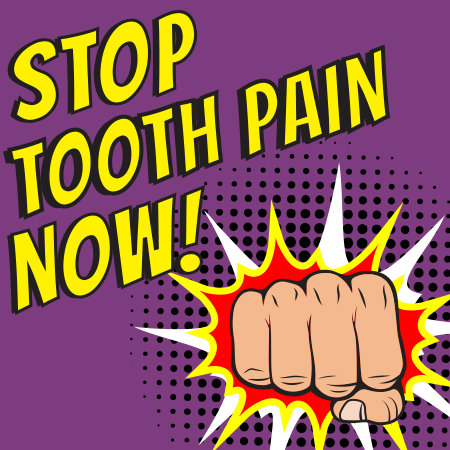 Why Are My Teeth Sensitive?
Why Are My Teeth Sensitive?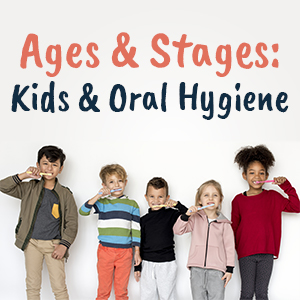 Very few opinions are universally shared, but we’re willing to bet on one: the best dental checkups are the ones where
Very few opinions are universally shared, but we’re willing to bet on one: the best dental checkups are the ones where 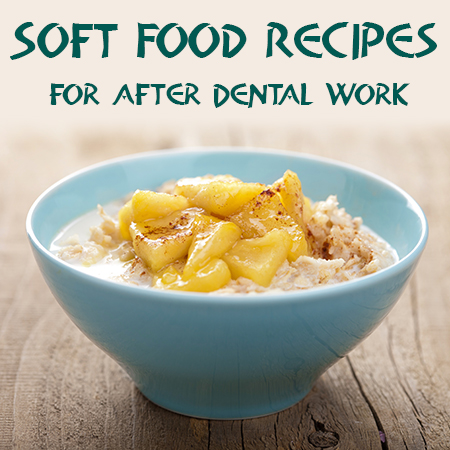 You did it! You got the consultation, booked the appointment, and you actually showed up on the big day. You saw the dentist and now all that has left you hungry! The question is: what can you eat after having dental work done? You need some soft food recipes!
You did it! You got the consultation, booked the appointment, and you actually showed up on the big day. You saw the dentist and now all that has left you hungry! The question is: what can you eat after having dental work done? You need some soft food recipes!